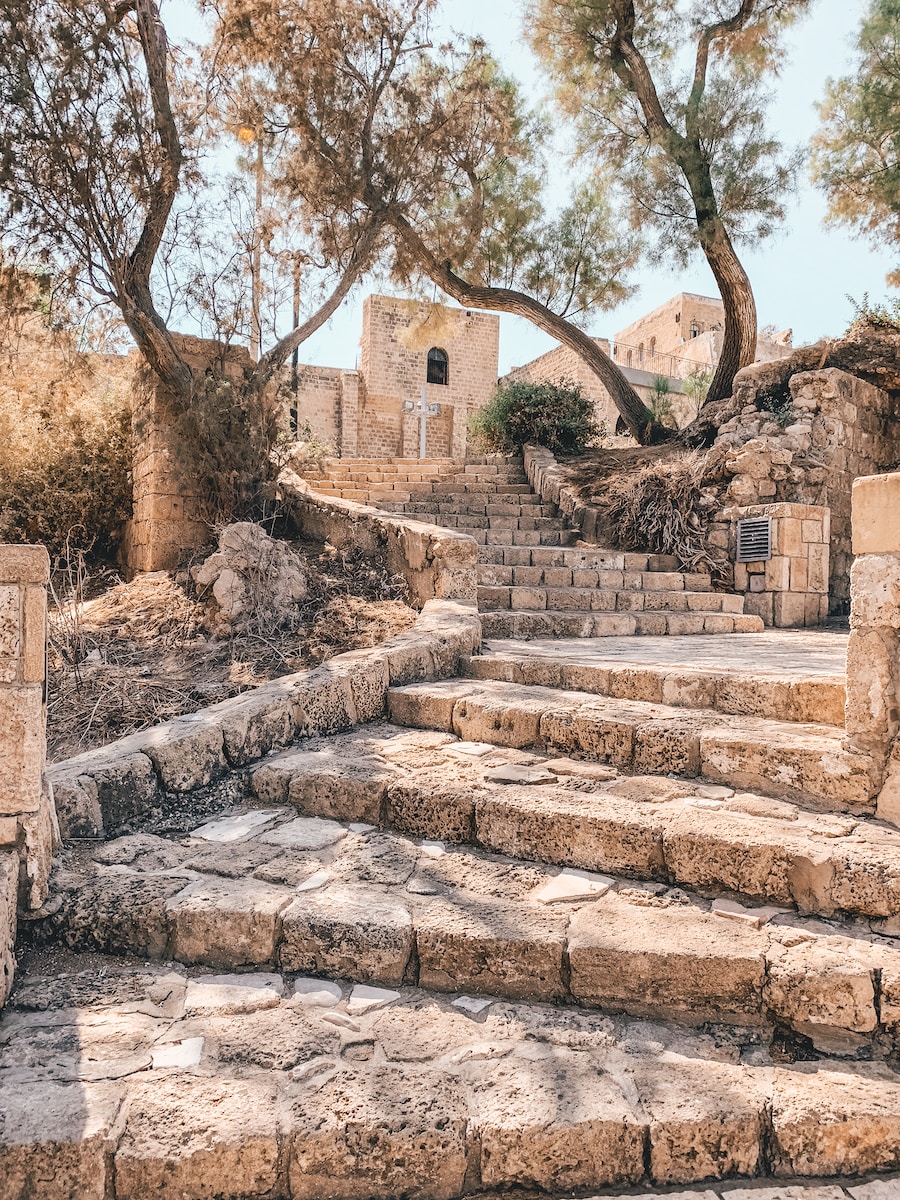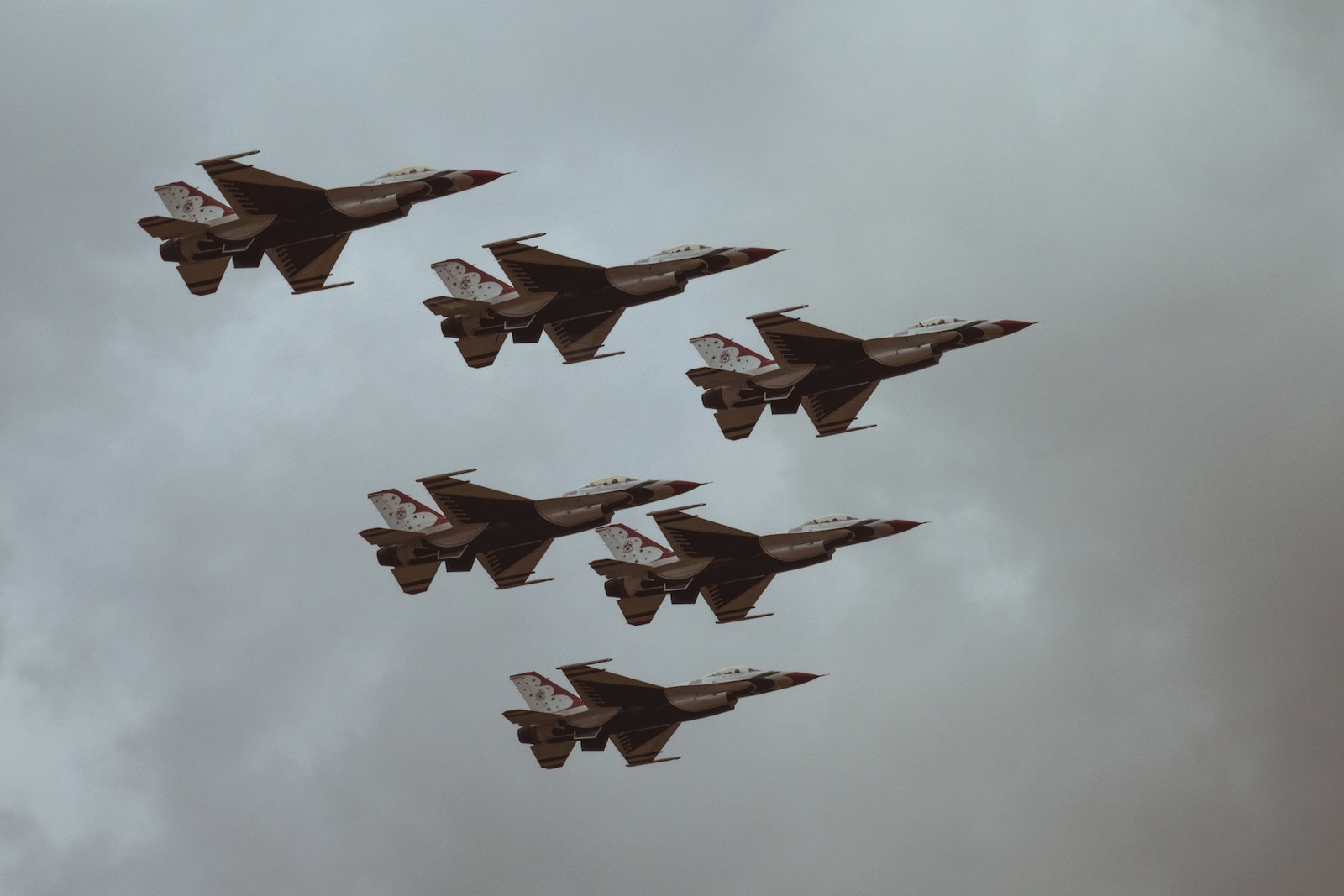Overview of Hamas Tunnel Network
Hamas, a militant organization in the Gaza Strip, has constructed an extensive network of tunnels and bunkers over recent years. These underground structures have surprised Israel with their scale and sophistication. Each tunnel takes several years to complete and costs millions of dollars. The tunnels serve as a means for launching attacks against both Israeli troops in Gaza and civilians in Israel. In response, Israel has been actively searching for and destroying as many of these cross-border tunnels as possible.
These tunnels have become a major security concern for Israel. They are used by Hamas to smuggle weapons, carry out surprise attacks, and kidnap Israeli soldiers. The tunnels are often equipped with electricity, ventilation, and communication systems, making them complex and difficult to detect. The threat posed by these tunnels has led Israel to invest heavily in developing new technologies and strategies to locate and destroy them.
Despite Israel’s efforts, Hamas continues to build and repair these tunnels. The extensive tunnel network allows Hamas to maintain a constant threat to Israeli security, making it a top priority for the Israeli Defense Forces. Efforts to destroy the tunnels have been met with resistance from Hamas, resulting in clashes and casualties on both sides. The ongoing cat-and-mouse game between Israel and Hamas highlights the challenges of combating this underground threat.
Discovery of Hamas Tunnels
Israel has experienced a series of miraculous military victories throughout its history. In the weeks leading up to July 17th, Hamas terrorists scouted an area near the farming village of Sufa as a potential endpoint for one of their tunnels. The terrorists believed that the tall wheat in the area would provide perfect cover for their attack on Israel. However, their plans were unexpectedly thwarted.
The terrorists didn’t count on the apparent power of faith. According to Jewish customs, there is a biblical mandate that requires farmers to harvest before taking a sabbatical year, in which it is forbidden to harvest in Israel. On July 17th, terrorists exited their completed tunnel only to find an empty open land. This attempted attack happened to occur just after the sabbatical year had begun and so, the religious farmers were no longer harvesting. Without the tall wheat for cover, the terrorists were quickly spotted.
This discovery highlighted the extent of Hamas’ tunnel network and the dangers it posed to Israeli civilians and soldiers. It also exposed the tactics used by Hamas to conceal the construction of these tunnels. By using supplies meant for civil projects, Hamas was able to mask their true intentions and deceive both Israel and the international community. The discovery served as a wake-up call for Israel, prompting them to increase their efforts to locate and destroy these tunnels.
Faith and the Power of Adherence
The religious farmers in the area played a crucial role in preventing the attack. According to Jewish customs, there is a biblical mandate that requires farmers to harvest before observing a sabbatical year, during which it is forbidden to harvest in Israel. Coincidentally, the attack took place just after the sabbatical year had begun and the religious farmers had already stopped harvesting. As a result, the land near the farming village of Sufa was empty and devoid of tall wheat when the terrorists emerged from their completed tunnel. Their attempt to invade Israel was quickly foiled because they had not anticipated the absence of the tall wheat as a result of the religious farmers’ adherence to the biblical mandate.
The power of faith is evident in this incident. The religious farmers’ observance of the biblical mandate played a significant role in preventing the attack. Their adherence to the sabbatical year and the prohibition on harvesting during that time created an open and exposed area that made it impossible for the terrorists to carry out their plans undetected. This event serves as a testament to the power of religious beliefs and the impact they can have on unexpected situations.
The incident near the farming village of Sufa also highlights the importance of religious traditions and customs in Israeli society. The biblical mandate regarding the sabbatical year is followed by many farmers across Israel, demonstrating the deep-rooted religious beliefs and practices that shape the country’s culture. In this case, the farmers’ adherence to this custom not only had religious significance but also had a tangible impact on the security of the region.
The Significance of the Sabbatical Year
In Jewish customs, the sabbatical year holds great significance. It is a period of time when it is forbidden to harvest in Israel. Religious farmers adhere to this prohibition and abstain from harvesting during the sabbatical year. In the case of the attempted attack near the farming village of Sufa, the absence of harvesting due to the sabbatical year resulted in an open and empty land. Without the tall wheat providing cover, the terrorists were quickly spotted and their plan was thwarted.
The sabbatical year is a unique aspect of Jewish religious tradition. It serves as a reminder of the importance of rest, renewal, and the relationship between humans and the land. During this year, the land is left fallow, allowing it to recover and regenerate. It is a period of reflection and spiritual renewal for the farmers, as they take a break from their usual agricultural activities. The sabbatical year is not only a religious practice but also a way to ensure the sustainability and health of the land.
The incident near the farming village of Sufa highlighted the practical implications of observing the sabbatical year. The absence of harvesting during this period created a vulnerability that the terrorists did not anticipate. The empty land without tall wheat provided no cover for their activities, making them easy targets for detection. This event serves as a reminder of the significance of religious customs and their impact on various aspects of life, including security and agriculture.
Miraculous Military Victories Throughout History
The role of faith in preventing the attack near the farming village of Sufa is a testament to Israel’s history of experiencing miraculous military victories. Israel has faced numerous challenges and threats throughout its existence, yet it has managed to overcome seemingly insurmountable odds and emerge victorious in many instances. These victories are often attributed to a combination of strategic planning, military prowess, and a belief in divine intervention.
Examples of miraculous military victories in Israel’s history include the Battle of Mishmar HaEmek, Battle for Katamon, Battle of Safed, and Taking Back Mount Zion, among others. These battles showcased Israel’s ability to triumph over its enemies, despite being outnumbered or facing superior firepower. The victories were often unexpected and defied conventional military logic, leading many to attribute them to divine intervention.
In addition to these specific battles, Israel has also had other instances where it has successfully defended itself against various threats. These include the Saving the Kibbutz, Attack on Degania, Preemptive Strike, Battle of Ammunition Hill, Kusseima, Taking Back Jerusalem, Golan Heights Attack, Taking Tel Fakhr, Yom Kippur War, Valley of Tears, Gas Attack That Never Was, and Thirty-Nine Rockets. Each of these events highlights the resilience and determination of the Israeli people, as well as the role that faith and belief in a higher power played in their victories.
The history of Israel is filled with stories of miraculous military victories that have shaped the nation and its people. These victories serve as a source of inspiration and pride for Israelis, reminding them of their ability to overcome adversity and protect their homeland. They also reinforce the belief in the power of faith and divine intervention, which has been deeply ingrained in Israeli society for centuries.
Conclusion: The Role of Faith in Preventing Attack
The attempted attack by Hamas terrorists near the farming village of Sufa in the summer of 2014 was ultimately prevented due to the power of faith. The adherence of religious farmers to the biblical mandate during the sabbatical year played a crucial role in the empty land that foiled the terrorists’ plans. This event serves as a reminder of Israel’s history of miraculous military victories and the significance of faith in times of adversity.
Faith has always played a central role in Israeli society and has been a driving force behind the nation’s resilience and determination. The incident near the farming village of Sufa is just one example of how faith can have a tangible impact on the security and well-being of the country. The power of religious beliefs and customs should not be underestimated, as they can shape the course of history and influence the outcome of significant events.
As Israel continues to face threats and challenges, the power of faith will undoubtedly continue to play a vital role in the nation’s defense. It serves as a source of strength and inspiration, guiding the Israeli people through difficult times and uniting them in their common purpose. The incident near the farming village of Sufa is a powerful reminder of the role that faith can play in preserving peace and security, and it serves as a testament to the resilience and determination of the Israeli people.
#DivineIntervention #HamasTunnelAttack #Israel #MiraculousEvent #Sufa #Faith #BiblicalMandate #Protection #IsraeliDefenseForces #Miracle #HistoryofIsrael



